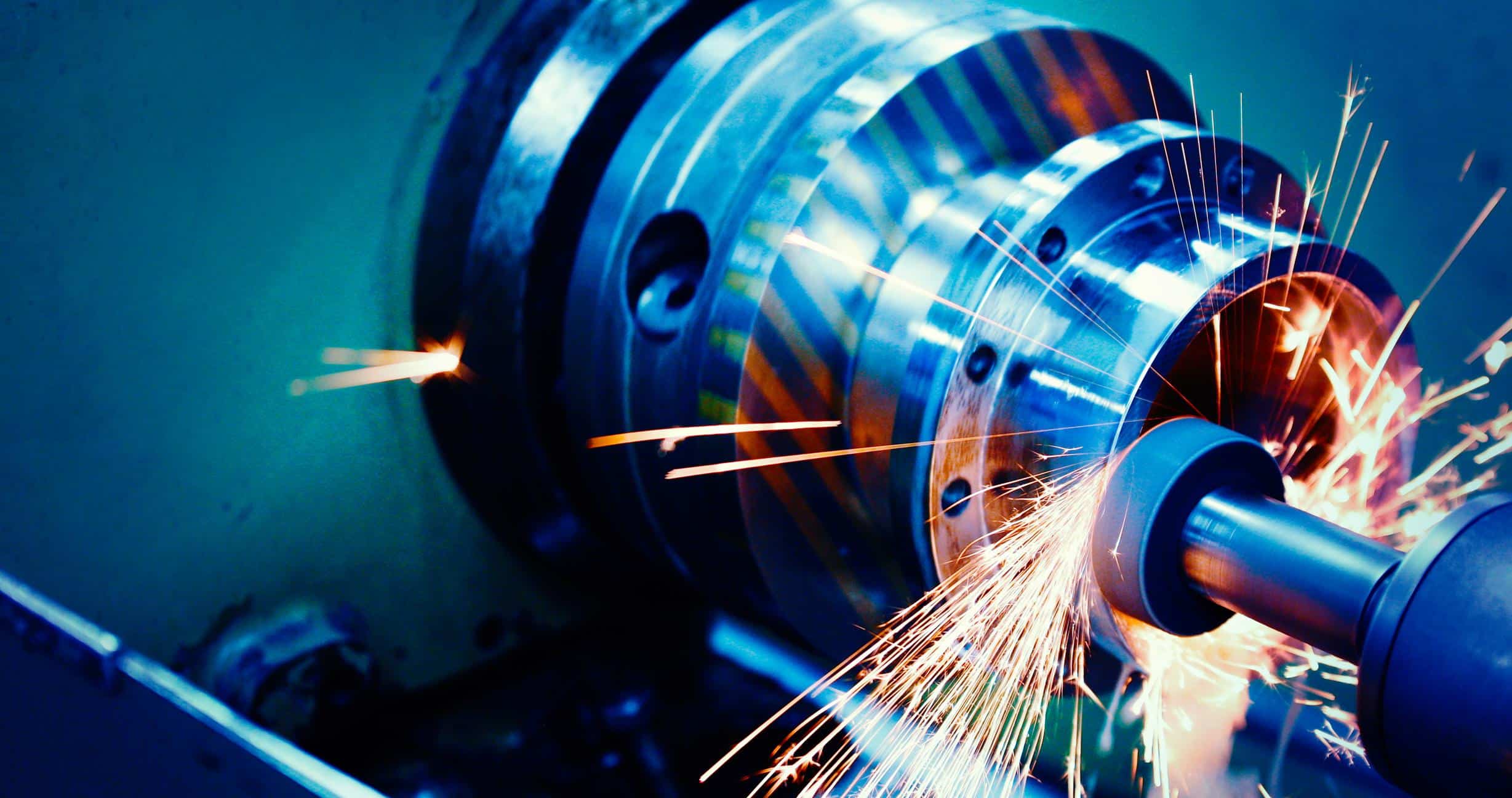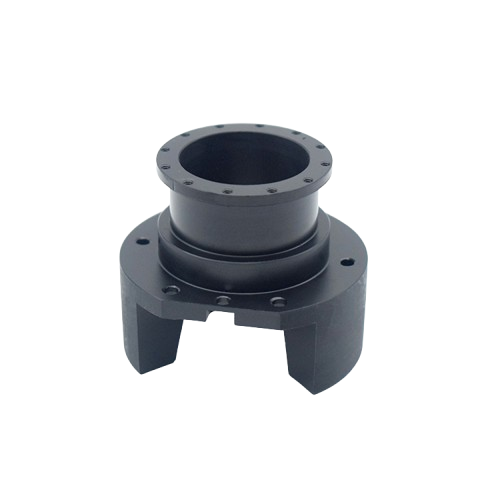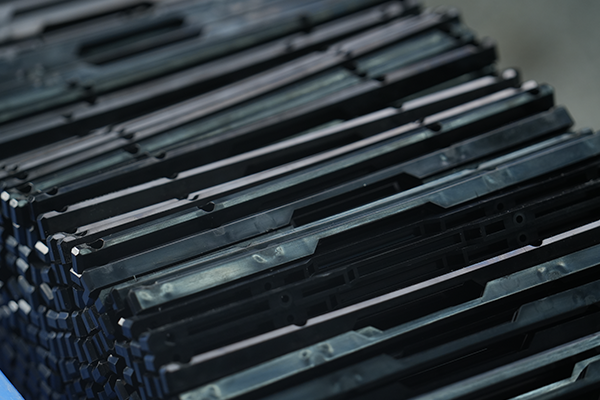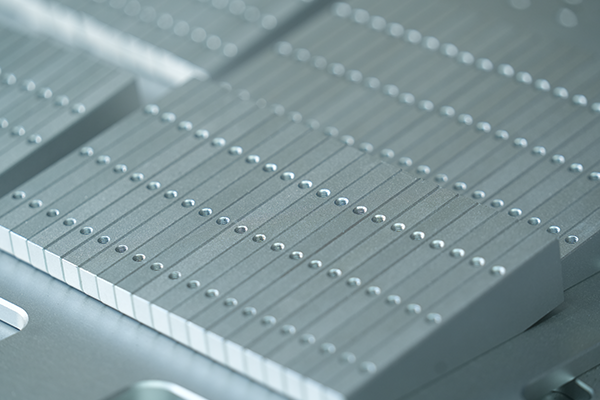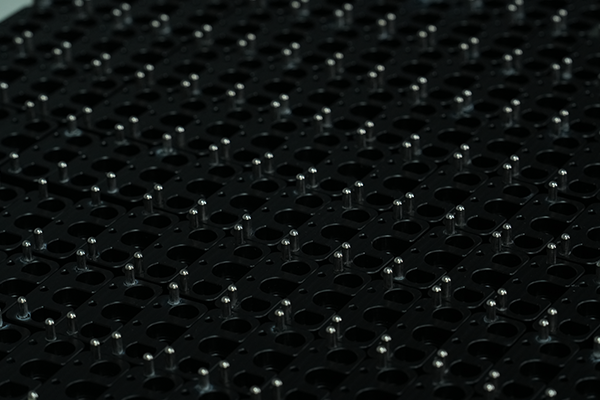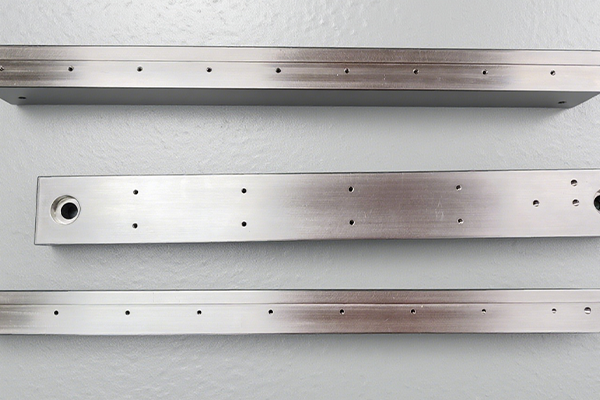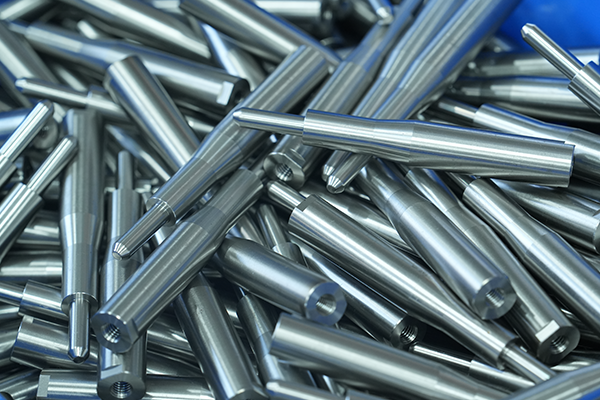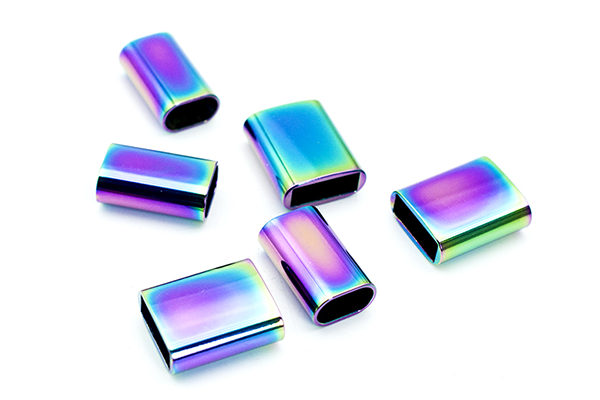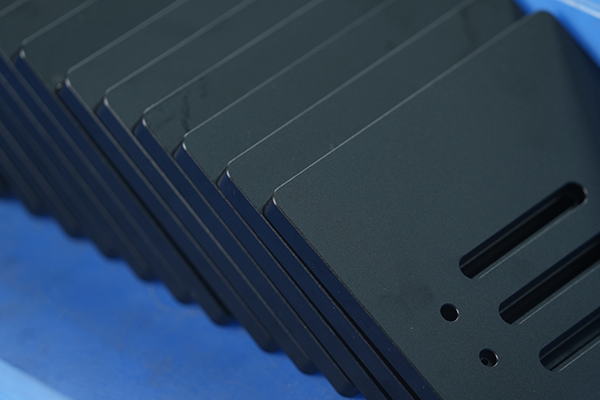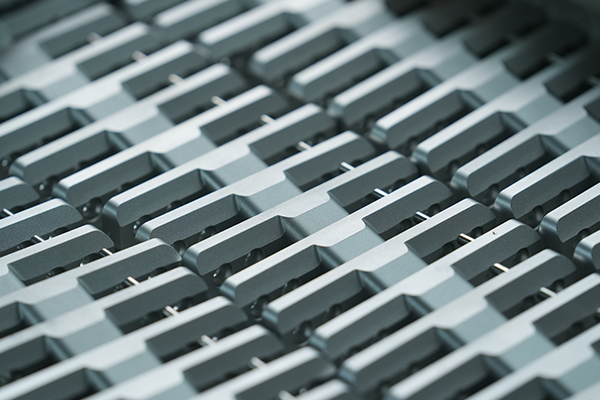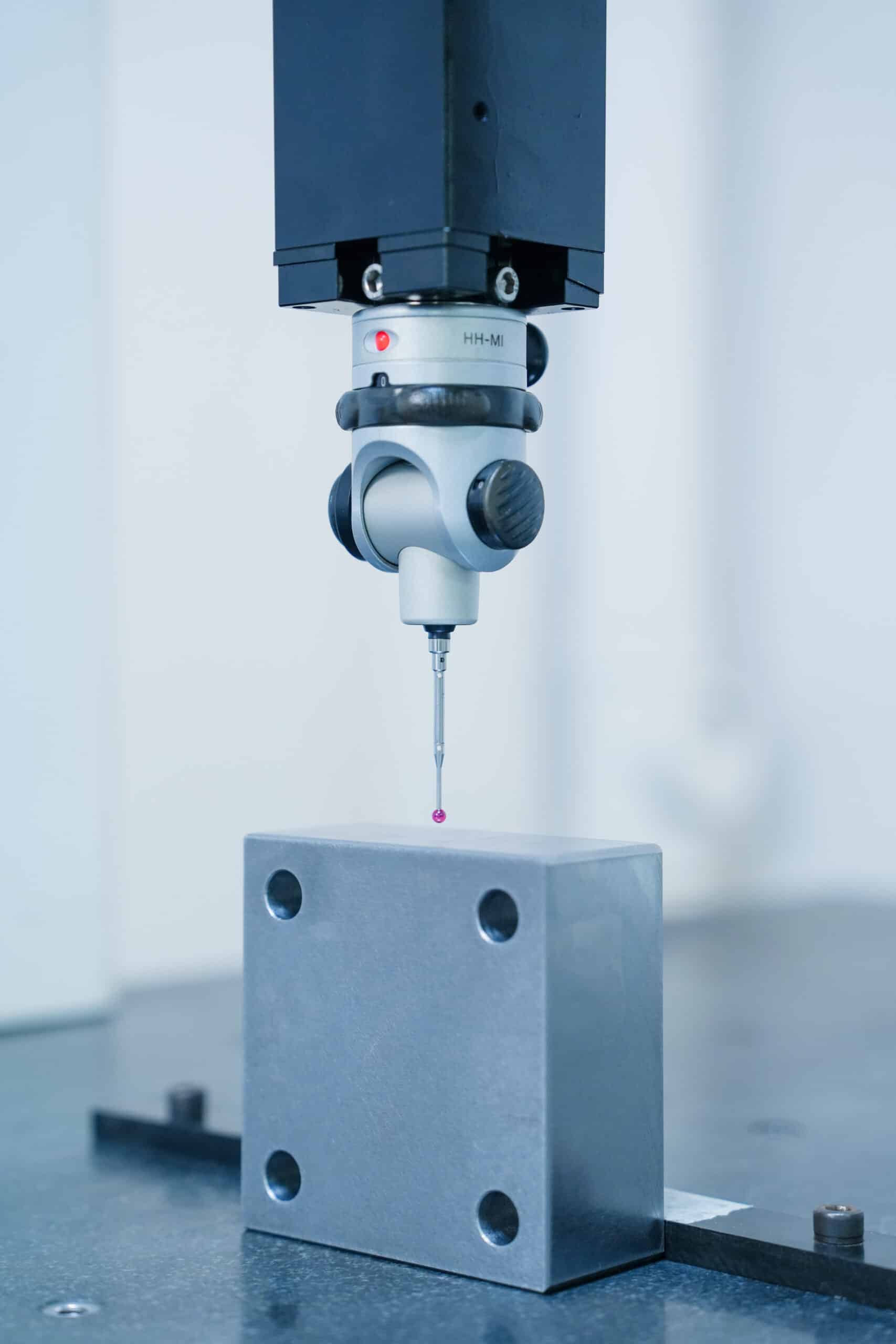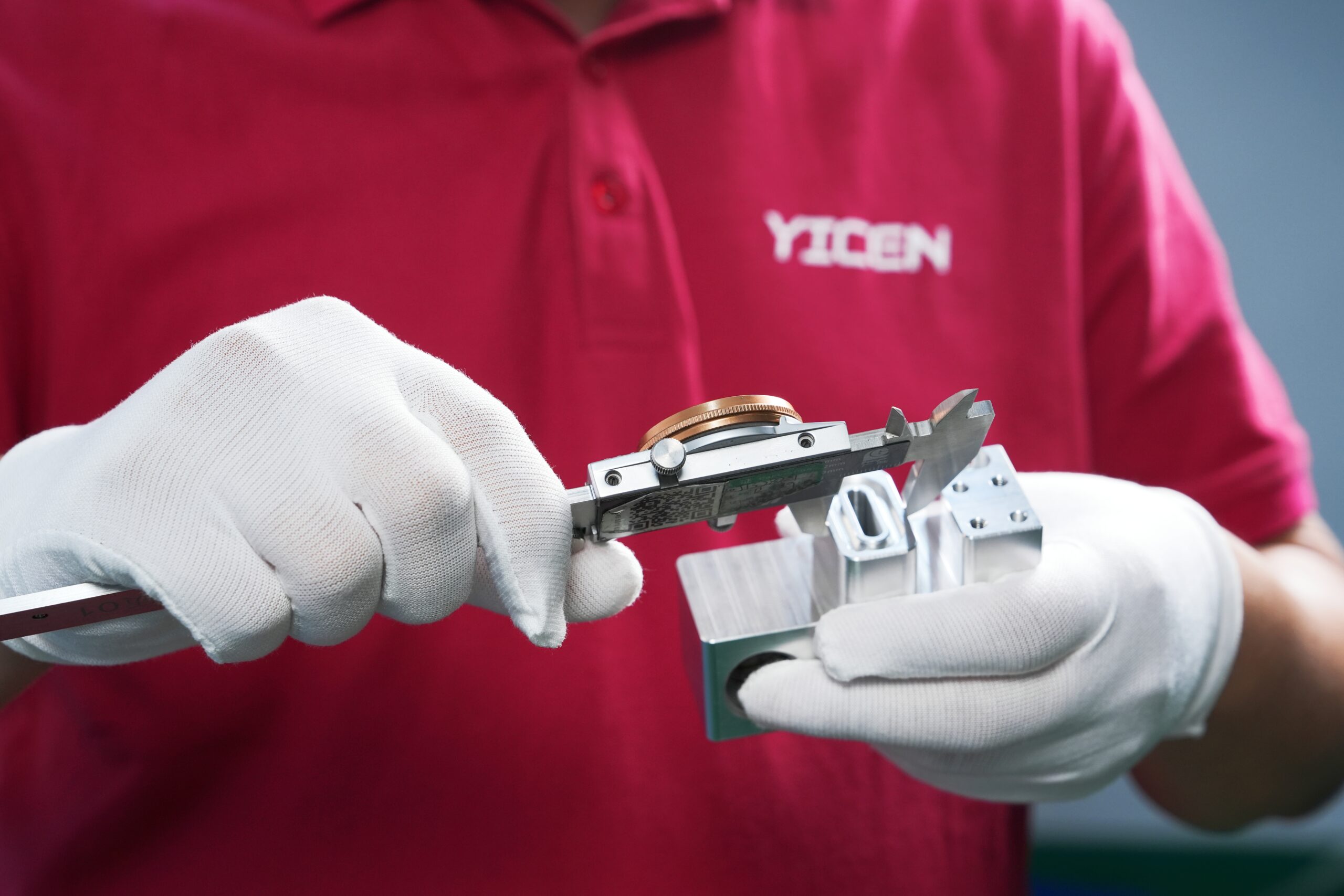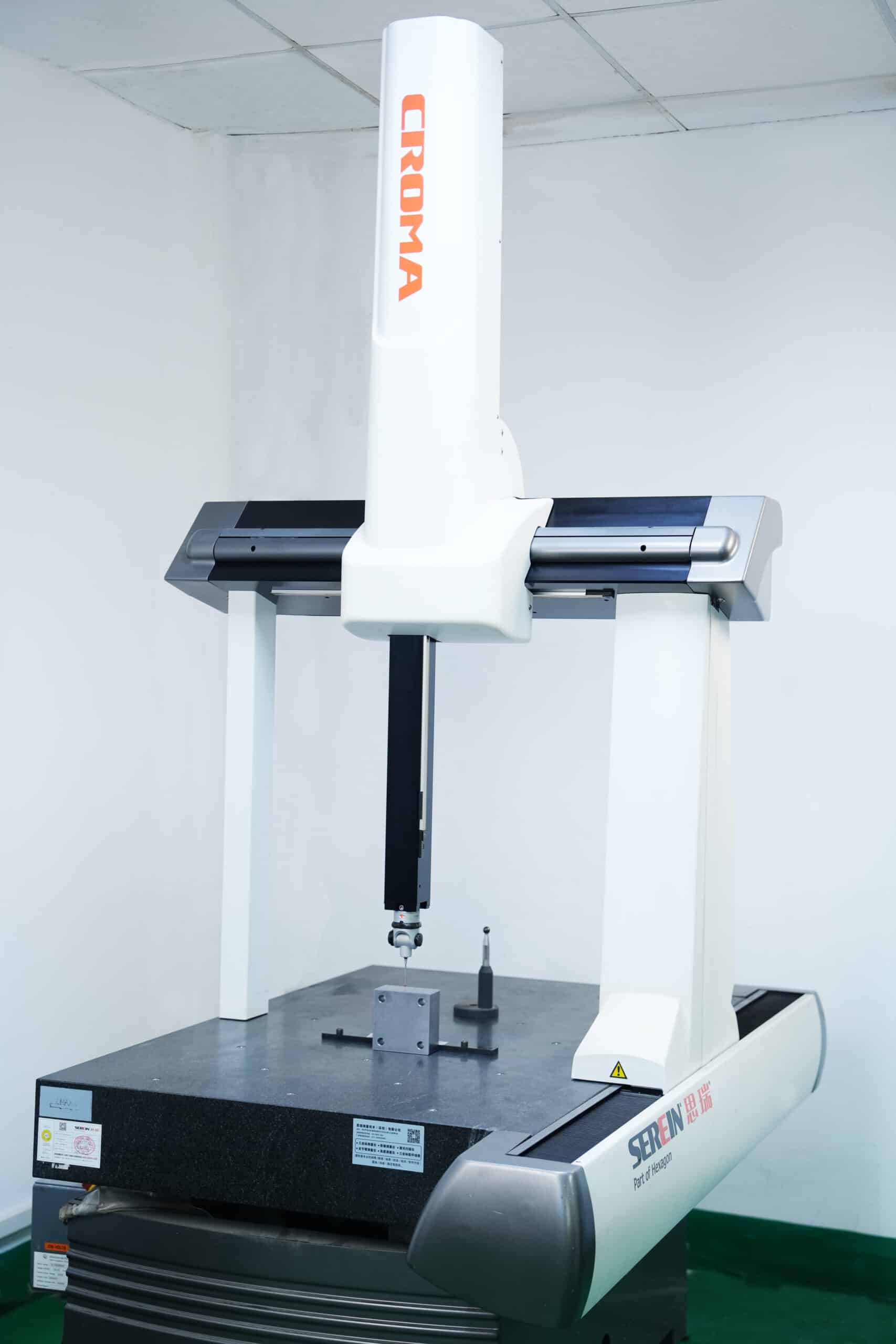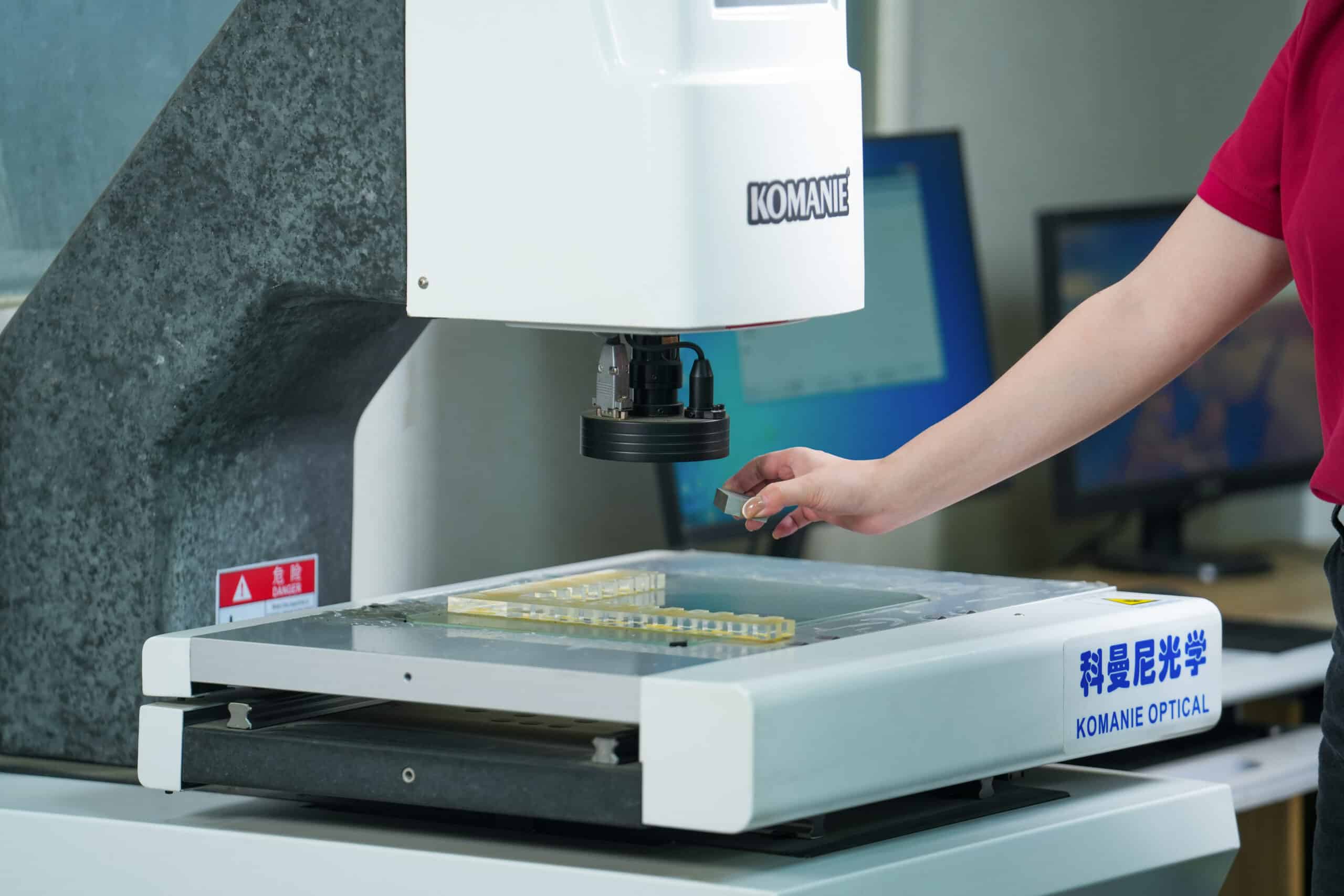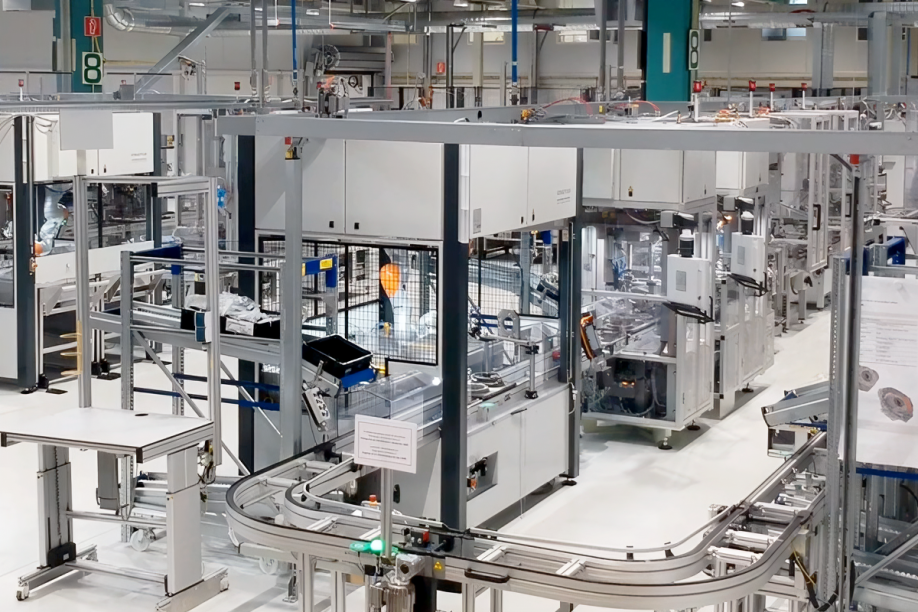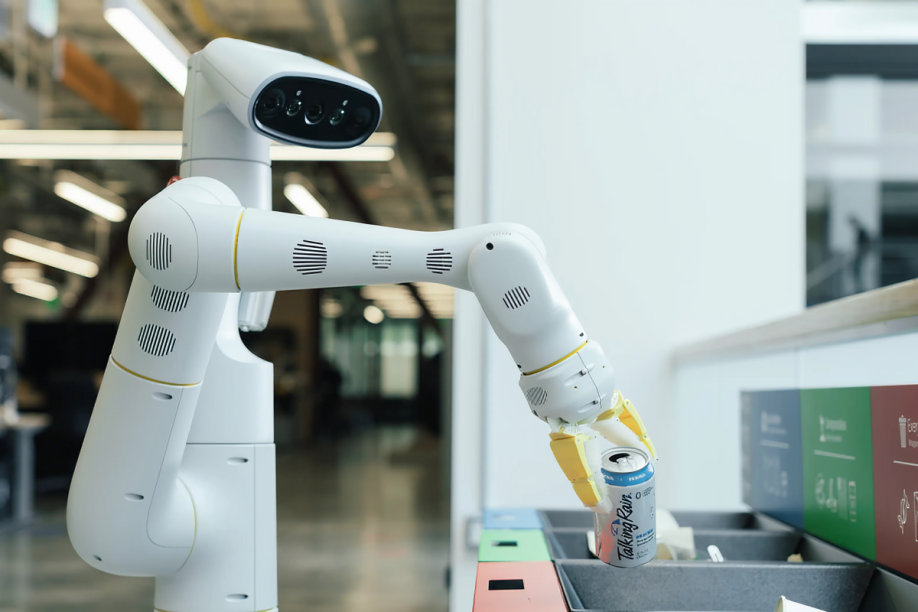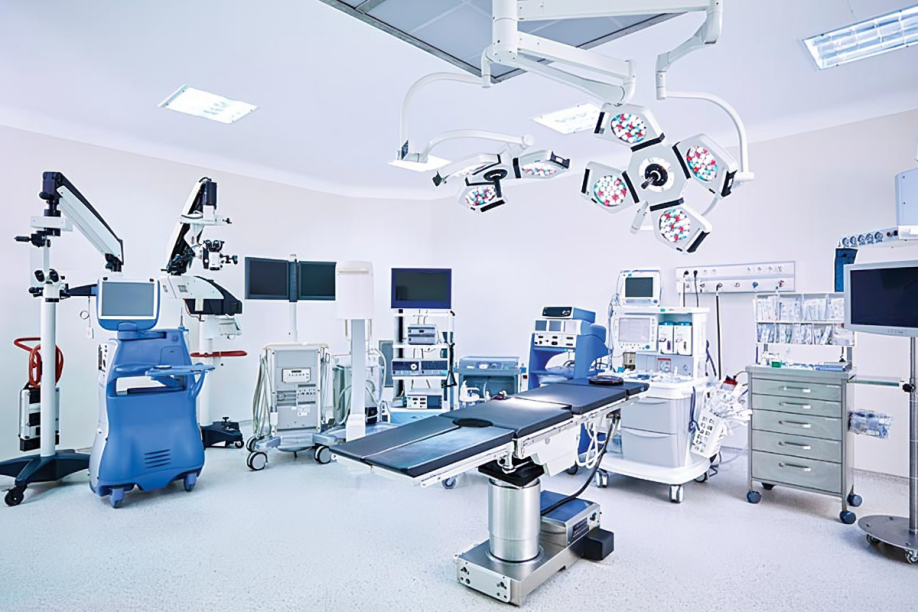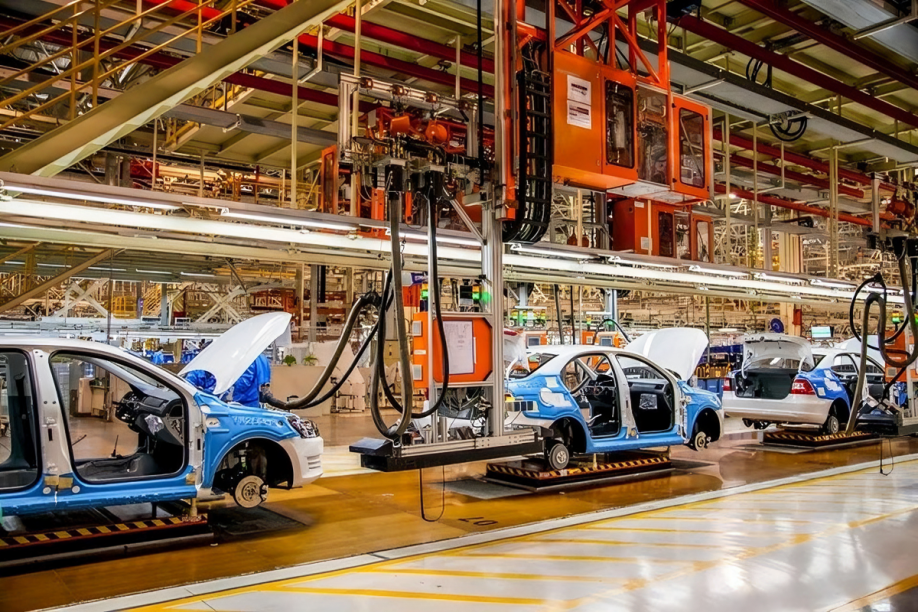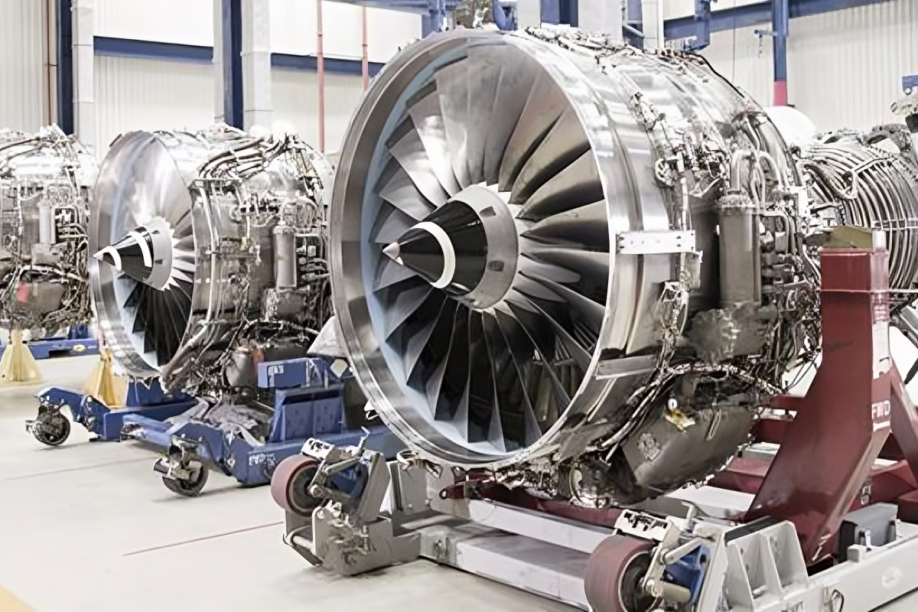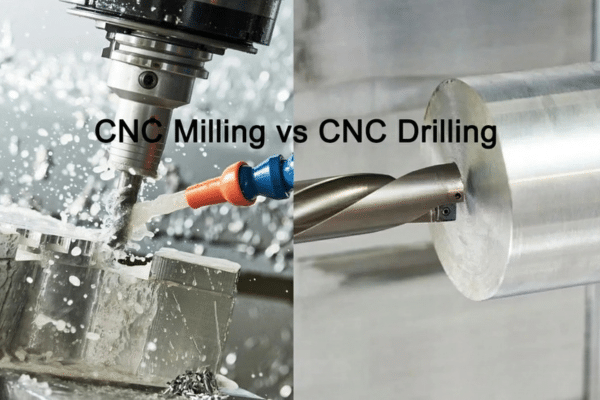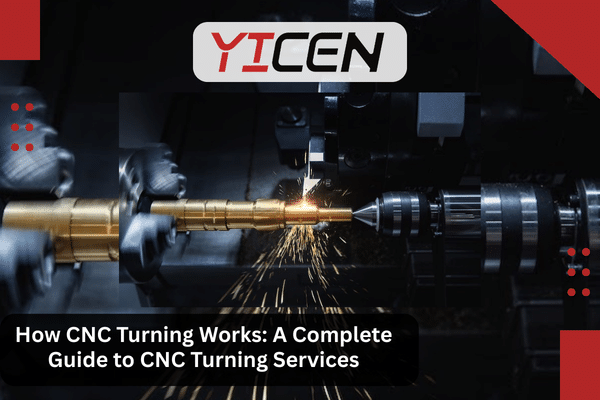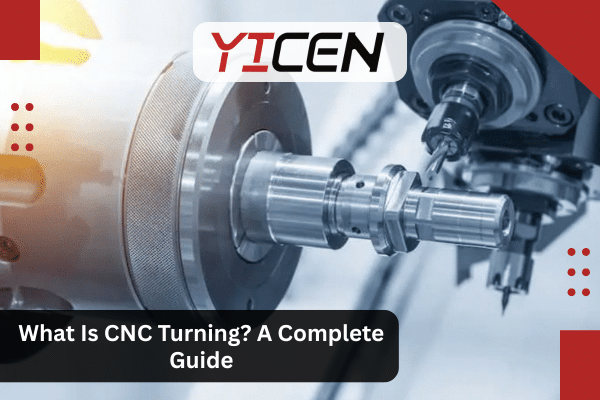| ABS | Acrylonitrile Butadiene Styrene, good impact resistance and toughness. | Painting, Plating, Sanding | Automotive Parts, Consumer Products, Enclosures |
| PC | Polycarbonate, high impact resistance and transparency. | Polishing, Sandblasting, Painting | Optical Discs, Safety Equipment, Automotive Parts |
| PMMA | Polymethyl Methacrylate (Acrylic), excellent optical clarity and weather resistance. | Polishing, Sanding, Painting | Displays, Lenses, Lighting Fixtures |
| POM | Polyoxymethylene (Delrin/Acetal), high stiffness and low friction. | Machining, Sanding, Polishing | Gears, Bearings, Medical Devices |
| PEEK | Polyetheretherketone, high temperature and chemical resistance. | Machining, Sanding, Polishing | Aerospace, Medical Implants, Semiconductor Parts |
| PP | Polyphenylene , high mechanical and thermal properties. | Machining, Sanding, Polishing | Automotive, Electrical Components, Industrial Applications |
| PA66 | Polyamide (Nylon 66), high mechanical strength and rigidity. | Machining, Sanding, Polishing | Mechanical Parts, Automotive, Electrical Insulation |
| PEI | Polyetherimide (Ultem), high strength and excellent electrical properties. | Machining, Sanding, Polishing | Aerospace, Medical Devices, Electrical Components |
| SAN | Styrene Acrylonitrile, good chemical resistance and transparency. | Machining, Sanding, Polishing | Housewares, Cosmetic Containers, Automotive Parts |
| HIPE | High Impact Polystyrene, good impact resistance and machinability. | Machining, Sanding, Painting | Packaging, Consumer Products, Electrical Insulation |
| HIPD | High Impact Polypropylene, high impact resistance and low density. | Machining, Sanding, Painting | Automotive Parts, Industrial Applications, Consumer Goods |
| Fiber-Reinforced Materials | Composite materials with enhanced mechanical properties. | Machining, Sanding, Painting | Aerospace, Automotive, Sporting Goods |


